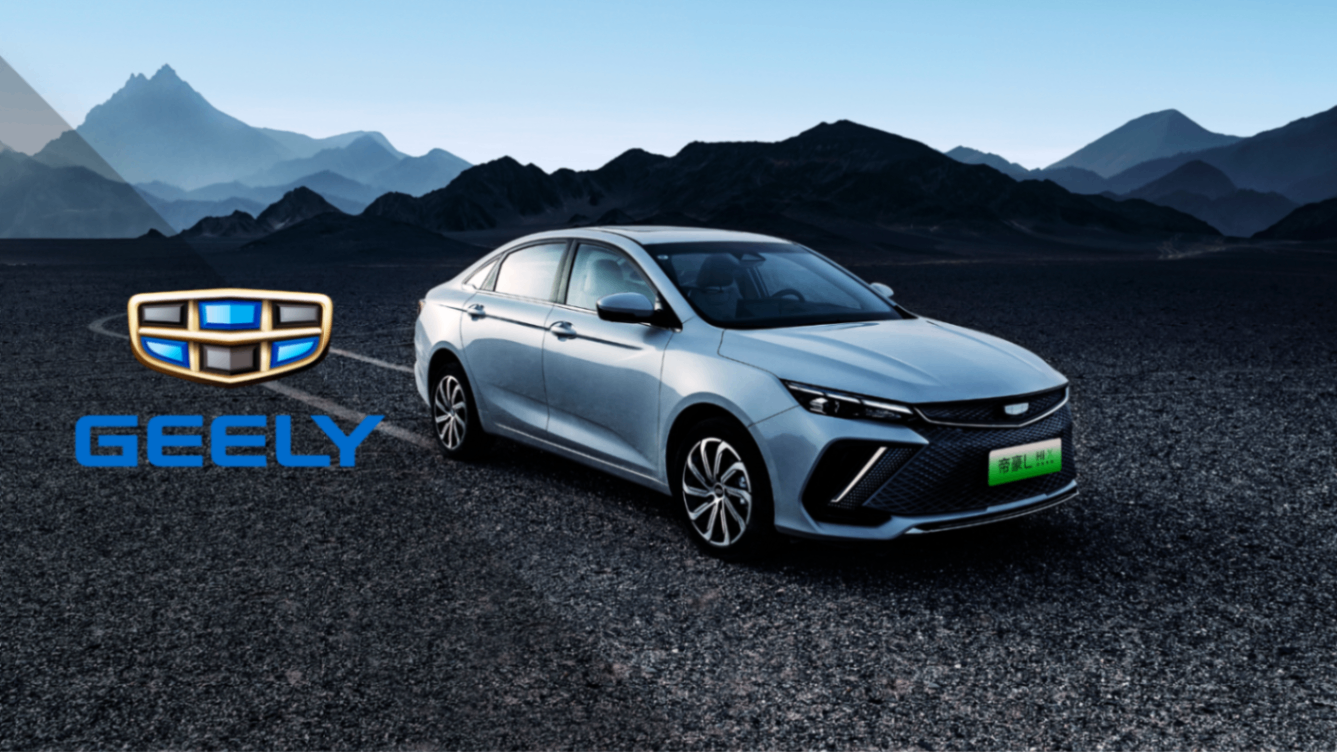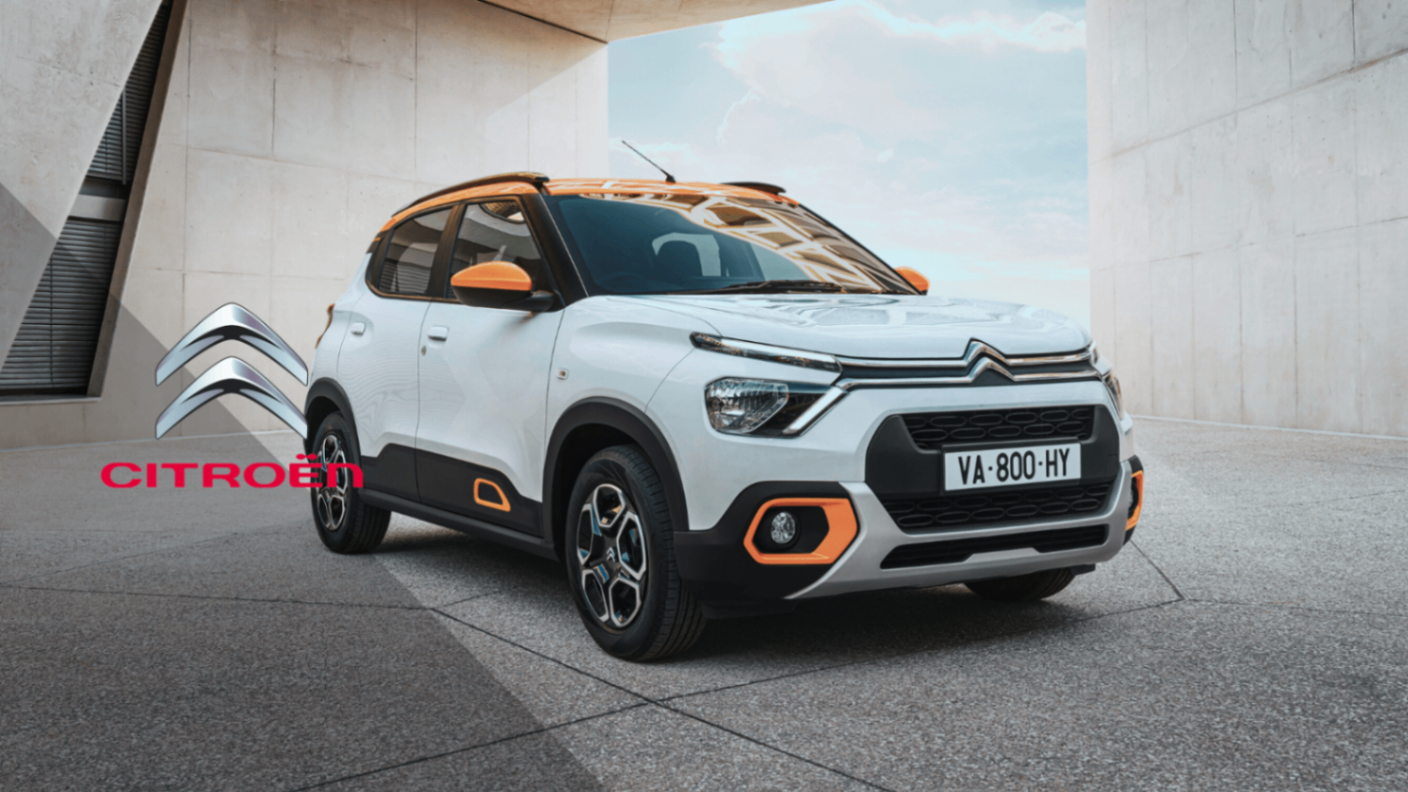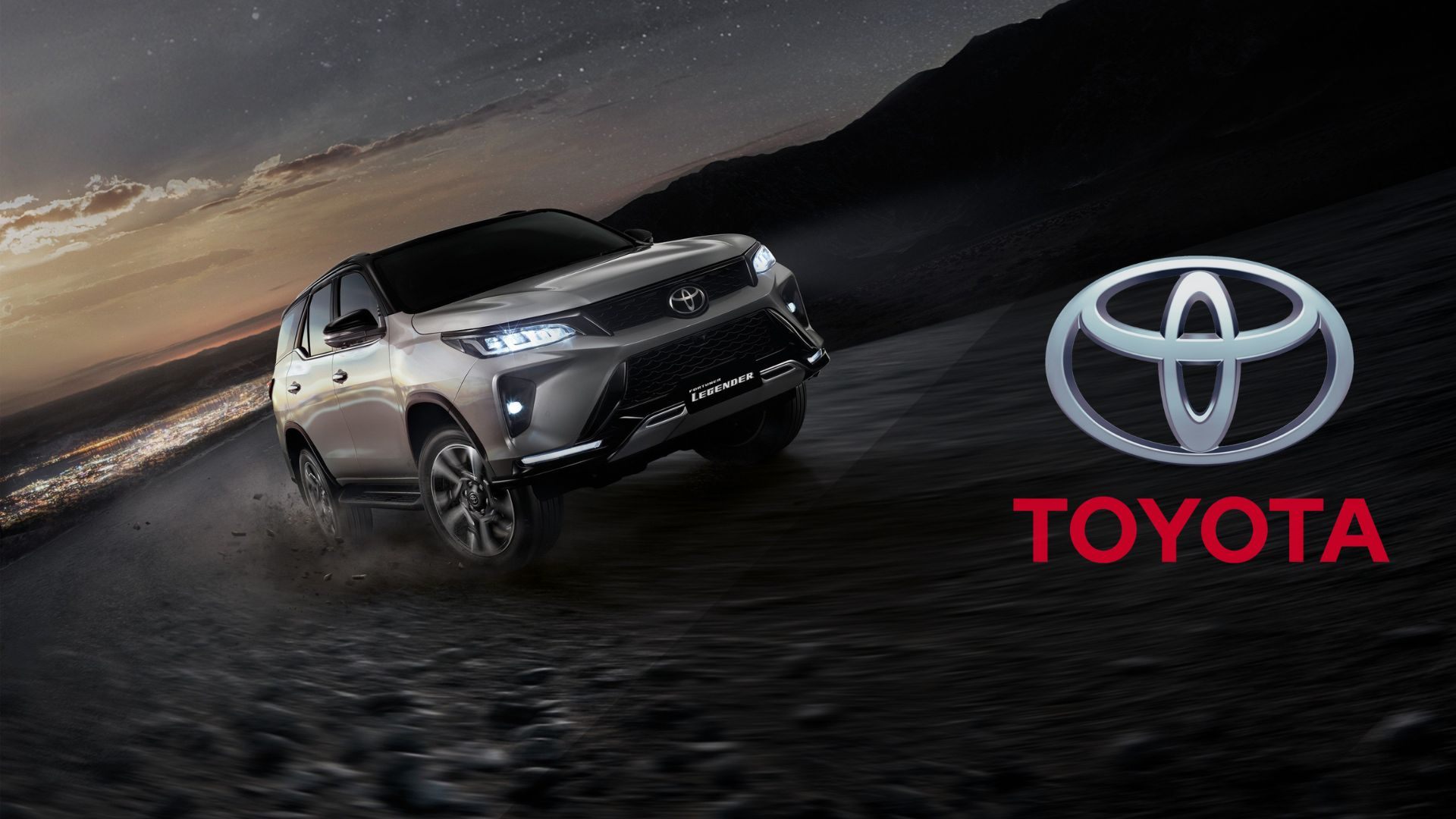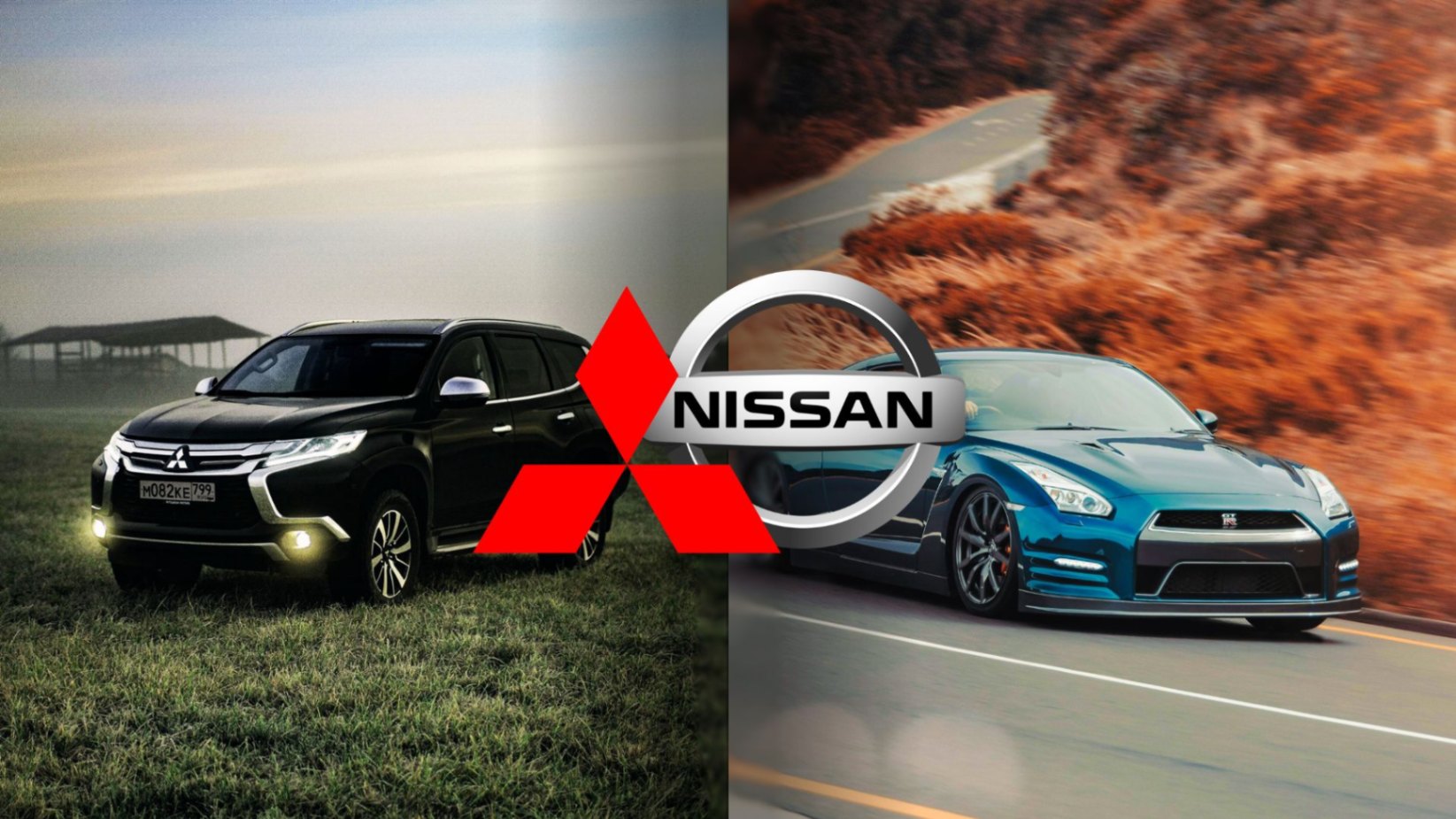
Geely, a brand virtually unknown outside of China just a few decades ago, has rapidly risen to become a global automotive giant. With key acquisitions like Volvo and Lotus, and its commitment to technological innovation, Geely has demonstrated a bold vision for the future. In this blog, we'll explore how this brand has gone from manufacturing scooters to leading the way in electric and autonomous vehicles, transforming into one of the strongest competitors on the global stage.
From Scooters to Cars: Geely's Early Days
Geely was founded in 1986 by Li Shufu, a visionary Chinese entrepreneur who saw an opportunity in the personal transportation market. Initially, the company focused on manufacturing scooters, two-wheeled vehicles that were very popular in China due to their low cost and fuel efficiency. This humble beginning, marked by the production of affordable and practical scooters, set the stage for a journey that would lead the company to become a global automotive giant. Li Shufu and his team's dedication to quality and innovation in these early years laid the foundation for Geely's future growth.
In the 1990s, Geely ventured into the world of automobiles, a bold step that required a significant transformation in its approach and production capabilities. Its first models were designed to appeal to Chinese consumers seeking affordable and efficient vehicles, offering a viable alternative to the foreign brands that dominated the market at that time.
This strategic decision not only allowed Geely to diversify its product offerings but also laid the groundwork for its subsequent expansion and success in the automotive market. The company invested in research and development, continuously improving its designs and technologies to meet the needs and expectations of consumers, which eventually allowed it to compete on an equal footing with the world's most recognized brands.
You might be interested in: Are Chinese cars just cheap copies or are they worth it?
Acquisitions and Diversification: Geely's Global Expansion
One of Geely's key strategies for establishing itself in the global market has been the acquisition of established brands. In 2010, Geely purchased Volvo, a move that not only expanded its product portfolio but also allowed it to benefit from the Swedish brand's prestige and advanced technology. This acquisition was a significant milestone, as Volvo is known for its focus on safety and innovation, enabling Geely to incorporate these features into its own vehicles and enhance its global reputation. Additionally, the synergy between the two companies facilitated the exchange of knowledge and resources, driving the development of new models and technologies.
In 2017, Geely acquired Lotus, an iconic British brand, further strengthening its position in the luxury and high-performance vehicle market. Lotus, renowned for its lightweight and high-performance sports cars, brought valuable engineering and design expertise to Geely, allowing the Chinese company to diversify its offerings and attract a more demanding and specialized consumer segment. This acquisition also opened up new opportunities for collaborations and joint developments, boosting Geely's ability to innovate and compete in the global market.
Beyond acquisitions, Geely has diversified its product range, expanding into segments such as electric vehicles, SUVs, and luxury cars. This diversification has enabled the company to adapt to changing market demands and offer a wide variety of options to its customers. Geely has invested significantly in the development of electric vehicles, recognizing the growing demand for sustainable mobility solutions. The company has launched several electric models that have been well-received for their efficiency and advanced technology. In the SUV segment, Geely has introduced models that combine ruggedness and elegance, capturing the attention of consumers seeking versatility and style. As for luxury cars, Geely has worked to offer vehicles that not only compete in terms of performance but also stand out for their design and comfort, thus meeting the expectations of the most demanding customers.

Technological Innovation: How Geely is Leading the Future of Automotive
Geely's commitment to research and development has been instrumental to its success. The company has invested significantly in technology, focusing on the development of electric and autonomous vehicles. This focus on innovation has allowed it to stay at the forefront of the automotive industry. Geely has established several research and development centers around the world, including facilities in Europe, the United States, and Asia, where teams of engineers and scientists work tirelessly to create advanced mobility solutions. Additionally, the company collaborates with universities and other research institutions to stay abreast of the latest technological trends and discoveries.
Among Geely's most notable innovations are its flagship models that incorporate advanced technologies. These vehicles are not only a testament to the company's technological advancement but also demonstrate its ability to compete with the world's most recognized brands. For example, Geely has developed state-of-the-art driver assistance systems, which include features such as automatic emergency braking, adaptive cruise control, and lane-keeping assist. Additionally, its electric vehicles are equipped with high-energy-density batteries that offer longer range and faster charging times.
The company is also exploring the use of artificial intelligence and big data to enhance the user experience and optimize the performance of its vehicles. These innovations not only improve the safety and efficiency of Geely's cars but also reinforce its position as a leader in the global automotive industry.
International Market Penetration and Marketing Strategies
Geely has implemented effective marketing tactics to penetrate international markets. Its marketing strategy adapts to the specific characteristics of each region, allowing it to capture the attention and interest of diverse consumer segments. For example, in Europe, Geely has emphasized the quality and safety of its vehicles, aligning with the expectations of European consumers who value these aspects. In Asia, the company has highlighted efficiency and affordability, responding to the demand for economical and practical vehicles. In North America, Geely has focused its efforts on technological innovation and sustainability, attracting an audience seeking advanced and environmentally friendly mobility solutions.
Geely's presence at international events, such as auto shows, and its collaborations with other brands have been crucial in increasing its visibility and credibility in the global market. These initiatives have facilitated its expansion and consolidation as a major player in the automotive industry. At events like the Geneva Motor Show and the Detroit Auto Show, Geely has showcased its latest models and technologies, capturing the attention of media and potential customers. Additionally, strategic collaborations with well-known brands, such as the alliance with Daimler to develop electric vehicles, have strengthened its market position and enabled the exchange of knowledge and technologies. These actions have not only improved the perception of the Geely brand internationally but have also opened up new business opportunities and expansion in key markets.
Challenges and Criticisms: Navigating the Waters of Global Competition
Despite its success, Geely has faced several challenges in the automotive industry. Competition in the global market is fierce, with numerous established manufacturers that have decades of experience and a strong base of loyal customers. Additionally, the perception of Chinese vehicles has been a significant hurdle that the company has had to overcome. Many consumers in international markets have been skeptical about the quality and durability of cars made in China, which has posed an additional challenge for Geely in its attempt to gain global acceptance and trust. The company has also had to contend with regulatory and tariff barriers in different countries, complicating its international expansion.
Geely has addressed these criticisms by focusing on the quality and sustainability of its products. The company has implemented strict quality controls at all stages of production, from material selection to final assembly, to ensure that each vehicle meets the highest international standards. Furthermore, Geely has adopted sustainable practices, such as the use of recyclable materials and the reduction of emissions in its production processes, to ensure that its vehicles not only meet international standards but also contribute to a greener future.
The company has invested in clean technologies and has developed a range of electric and hybrid vehicles that reflect its commitment to sustainability. These initiatives have not only improved the brand's perception but have also demonstrated Geely's commitment to environmental responsibility and technological innovation.

Geely's Future: Plans and Commitments to Sustainability
Looking ahead, Geely has ambitious plans for expansion and development across multiple fronts. The company is not only seeking to consolidate its presence in markets where it already has a solid footing but is also actively exploring new opportunities in emerging regions and non-traditional markets. This includes entering countries with growing economies and adapting its products to local needs and preferences. Additionally, Geely is investing in the creation of new production plants and research and development centers around the world, which will allow it to increase its production capacity and accelerate technological innovation.
The company continues to explore new market opportunities and develop innovative technologies to stay at the forefront of the automotive industry. These technologies include advancements in autonomous vehicles, advanced connectivity systems, and shared mobility solutions. Geely is collaborating with technology companies and startups to integrate artificial intelligence and big data into its vehicles, thus improving the user experience and optimizing the performance of its cars. Furthermore, the company is working on the development of new modular platforms that will allow greater flexibility in the design and production of different types of vehicles, from compact city cars to SUVs and luxury cars.
Geely's commitment to sustainability is a fundamental pillar of its future vision. The company has launched several initiatives to promote sustainable mobility, including the development of electric vehicles and the implementation of eco-friendly practices in its supply chain. Geely is investing in the research and development of next-generation batteries that offer longer range and faster charging times, as well as in the creation of more accessible and efficient charging infrastructures. Additionally, the company is exploring the use of recyclable and biodegradable materials in the manufacturing of its vehicles, thereby reducing its environmental footprint.
These efforts reflect its dedication to leading the way towards a more sustainable future in the automotive industry. Geely is also committed to reducing emissions across all of its operations, from production to logistics and distribution. The company has set ambitious targets to become carbon neutral in the coming decades and is implementing renewable energy technologies in its facilities. Furthermore, Geely is participating in global initiatives to promote sustainability in the automotive industry, collaborating with international organizations and governments to develop policies and standards that foster green mobility. With these efforts, Geely seeks not only to improve its own sustainability but also to inspire other industry players to follow suit and contribute to a cleaner and greener future.








